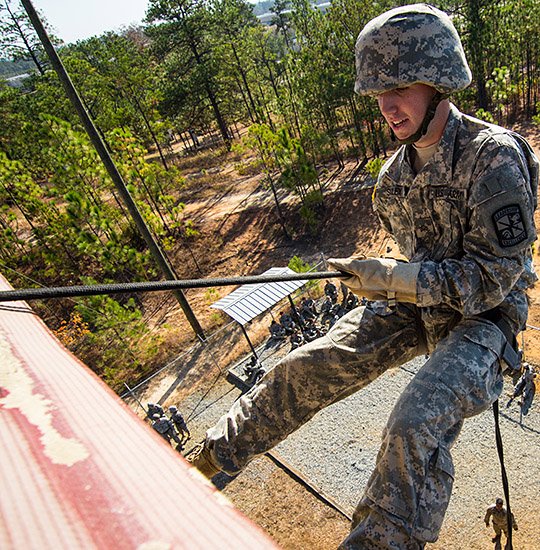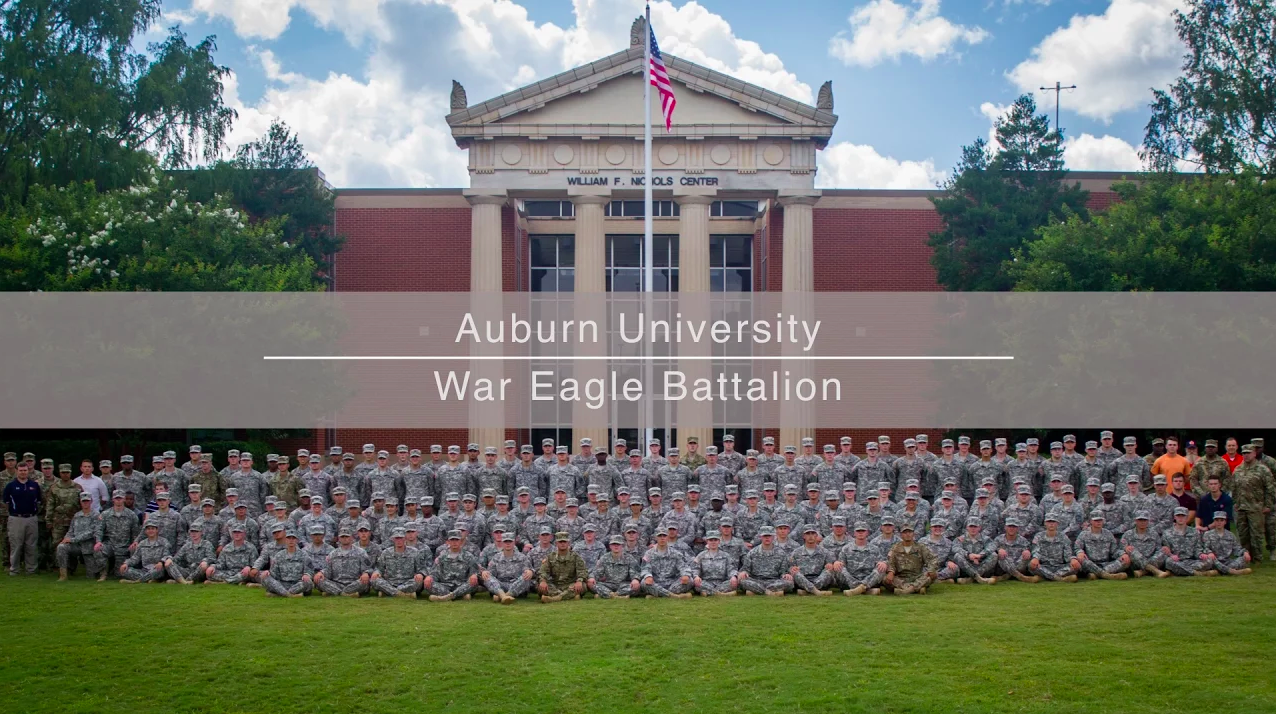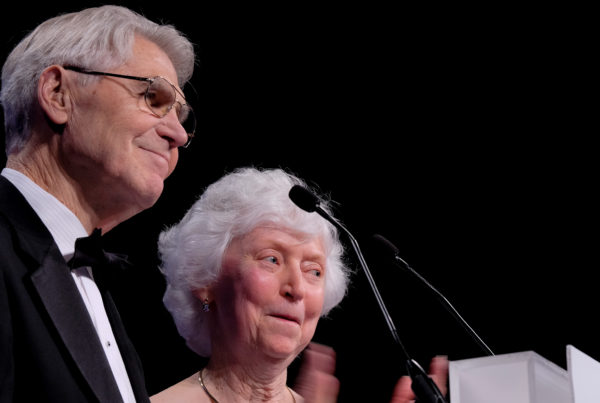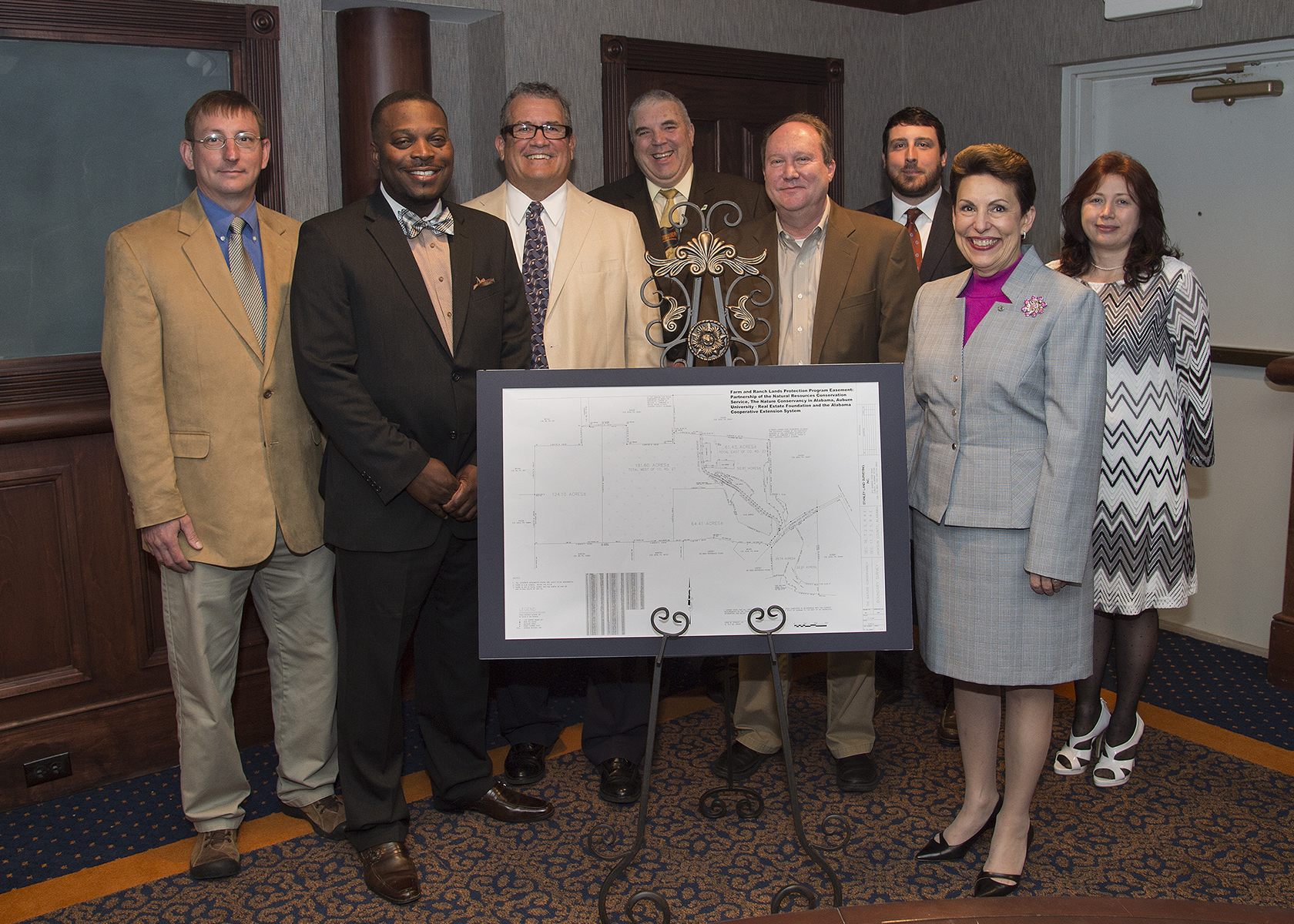Auburn’s War Eagle Battalion is raising funds to construct a new, military-grade rappel tower. The new tower will replace the old one, which was built in the early 60s and once stood as a landmark on the old drill fields. Now relegated to an obscure corner of the Auburn campus, it is no longer serviceable for Auburn’s top-rated ROTC program, which is determined to remain competitive.
Currently, cadets must travel out of state to learn military standard rappelling. “Unless they have been to Air Assault School or rappel on their own, that is probably the first time they have rappelled,” said Major Duncan M. Thompson, Jr., an assistant professor of military science at Auburn University. For cadets in the ROTC’s Advance Camp, rappelling is a requirement for graduation from the program.
A new tower on campus would enhance the experience for current cadets in terms of training and morale and would benefit the program for years to come. A new tower also would set the program apart in recruiting future participants looking for the best possible ROTC experience.
“Most of our training is based on drill and ceremony, tactics, and land navigation,” said Thompson. “If we added a rappel tower to our repertoire, it would add another dimension to our training.”
According to Cadet Sam Edwards, who is in the War Eagle Battalion and a senior in pre-building science, the tower would introduce a new dynamic by providing cadets with a different way to challenge themselves, while also gaining an essential training skill.
“It would give us a way to build confidence in ourselves and familiarity with the equipment needed to execute a successful rappel,” he said. “That confidence is imperative to becoming a leader in the United States Army.”

Without a tower on campus, Auburn cadets must travel out of state to learn military standard rappelling.
The tower also will be available to fire, police, and other first responder units, as well as ROTC programs in other schools. On-campus departments and units would be able to use it for team-building exercises, staffed by ROTC.
Currently, 176 cadets are enrolled in the War Eagle Battalion at Auburn. The program offers cadets a competitive advantage over most programs due to the location of the university near Fort Benning in Georgia. Officers in training are able to take marksmanship courses and train on some of the same equipment used to prepare elite Army Rangers.
“Army ROTC gives cadets the opportunity to mature faster,” said Thompson. “It instills a higher level of discipline, and the program molds college students into future leaders.”
Auburn University’s War Eagle Battalion has contributed leaders in all walks of life—astronauts, professional football players, and Olympic medalists have emerged from the program, along with numerous officers serving in active duty and reserve roles within the ranks of the military.
Military training on civilian college campuses has existed, in some form, since the early history of the United States. With the signing of the National Defense Act of 1916, the Reserve Officers’ Training Corps was established to set precise, federal standards for student military training. Since that time, the nation’s ROTC programs have excelled to become the leading source of officers in the United States Military.
To remain one of the nation’s top programs, Auburn’s War Eagle Battalion requires constant improvement and a drive for success. Please help War Eagle Battalion build a new rappel tower so our cadets can properly prepare and train for future service.






